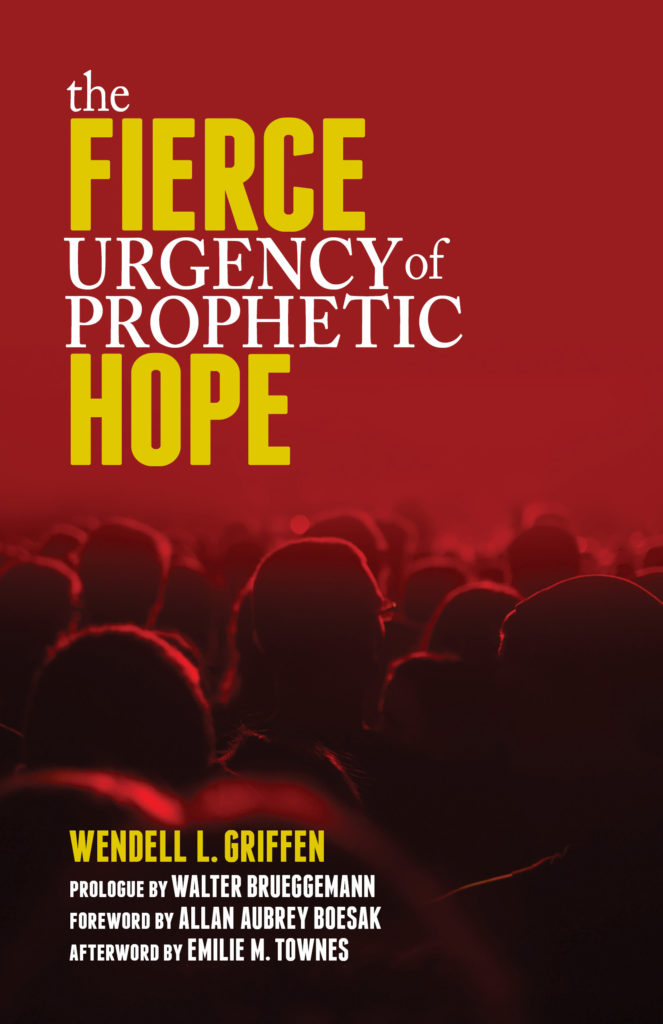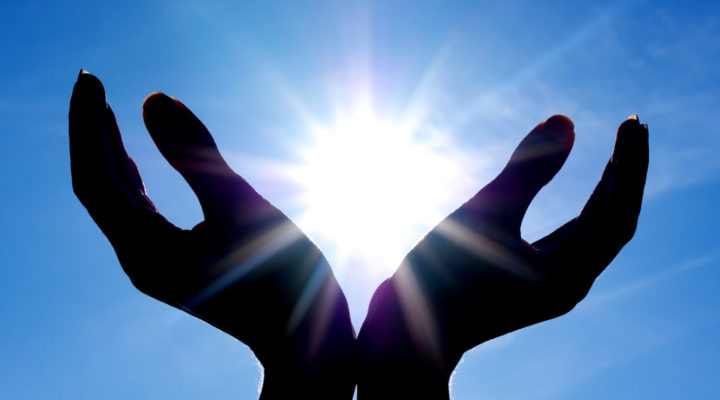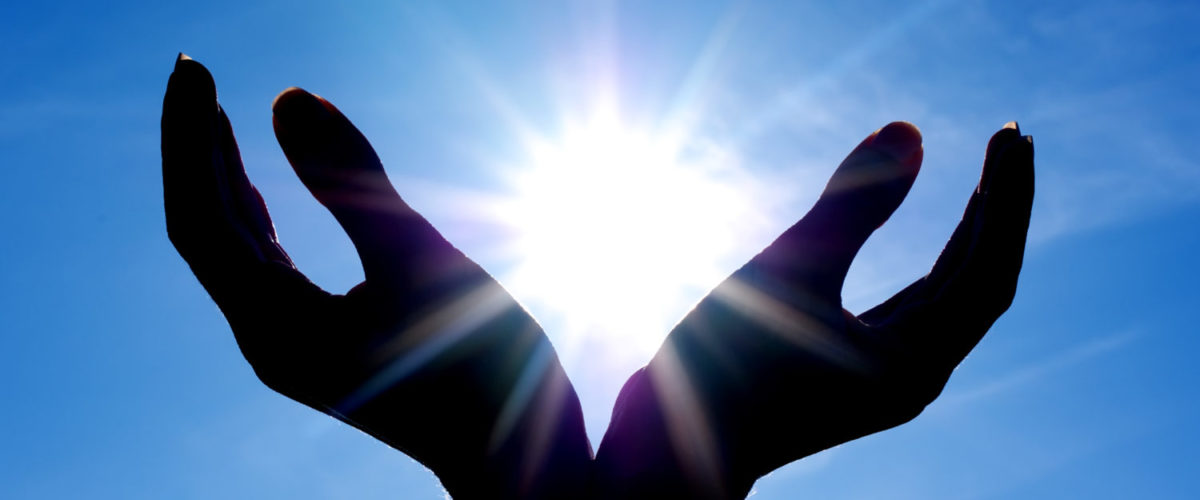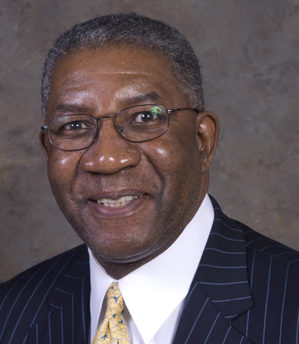Given the current mood in the country and the moral and ethical dilemmas the nation faces, how is the church to respond? Baptist pastor Wendell Griffen offers leadership on how to deal with the challenges and opportunities of being people of prophetic hope in a divisive time in his new book, The Fierce Urgency of Prophetic Hope (Judson Press, 2017). Griffen challenges social justice-minded followers of Jesus to reexamine and embrace the radical gospel of Jesus Christ and the generosity of God’s love in confronting and overcoming the issues of racism, sexism, imperialism, materialism, militarism, techno-centrism, and xenophobia.
 Some people interpret the biblical story of Babel in Genesis 11:1-9 as God’s punishment of human ambition and ingenuity. They point to the city and its tower and the words of God found in Genesis 11:6-7: “And the LORD said, ‘Look, they are one people, and they have all one language; and this is only the beginning of what they will do; nothing that they propose to do will now be impossible for them. Come, let us go down, and confuse their language there, so that they will not understand one another’s speech.’”
Some people interpret the biblical story of Babel in Genesis 11:1-9 as God’s punishment of human ambition and ingenuity. They point to the city and its tower and the words of God found in Genesis 11:6-7: “And the LORD said, ‘Look, they are one people, and they have all one language; and this is only the beginning of what they will do; nothing that they propose to do will now be impossible for them. Come, let us go down, and confuse their language there, so that they will not understand one another’s speech.’”
According to that view, cultural diversity within humanity — our many languages, ethnicities, and identities — is God’s way of punishing human arrogance and ingenuity for daring to build the first skyscraper.
That interpretation of the story of Babel is not fair to God. Do we really think the Creator of the universe is threatened by a municipal construction project? Are we dealing with a Being so insecure that a few people who establish a city together and build a skyscraper get on God’s nerves? If the Lord is that easily threatened, God should not be called good and gracious but petty and tyrannical.
Instead of interpreting the passage to mean cultural diversity is divine punishment, we should understand it to show how cultural diversity is part of the great redemptive purpose of God. In Creation, God commanded the first humans to be fruitful and fill the earth. At Babel, we see the human tendency to build towers and walls — out of fear. “Otherwise we shall be scattered abroad upon the face of the earth,” they told one another (v. 4). But scattering across the earth and filling it was exactly what God wanted from the human family!
For the community at Babel, salvation meant tribal identity and a protected location. God’s response was to mix them up linguistically — and scatter them geographically (vv. 7-8. Cultural diversity — mixing the languages and dispersing the tribe — was God’s way of getting the people to fulfill the creation mandate. God was at work at Babel.
As humans migrated, the challenge became whether we would retain a sense of our kinship under one Creator. Would distance and diversity cause us to deny our common humanity? Would we glorify God in many languages and places, or would we decide that only our place and our language truly deserve divine favor? Would we try to recreate Babel? If so, what does God do?
The rest of the Bible and human history answer that question. Throughout the centuries, human beings have stubbornly held on to the ancient fear of diversity. Fear of people who are different lies at the root of much hate, oppression, and injustice in human history. We view people who are different as dangerous, whether they are different in how they look, what they speak, whom they love, how they worship, or from where they come.
Even Baptists do not trust God enough to love the diversity that God created. In fact, we have often used religion to justify prejudice, bigotry, and injustice. Consider our petty denominational rivalries and dogmatic litmus tests. Listen to the hate-filled and fear-based demands by US politicians and white Christian nationalists to preserve monuments to a racist past and to put up a wall to fend against a more racially diverse future. See it in the efforts to ban Muslim immigrants and turn away Syrian refugees.
If there is a condemnation in the Genesis 11 passage — and I use the word if intentionally — it condemns the idea that sameness is the way to secure our safety and salvation. We are one people because we have a common Creator, not because we speak the same language or live in the same location. Our oneness lies in who we are before God, not in whom we are physically related to by human ancestry and geography. God loves our diversity. God intentionally caused our diversity. God is glorified by our diversity.
And if there were any doubt about this conviction, just consider how the story of Babel is mirrored in the story of Pentecost in Acts 2. Once again, a mixing of languages is divinely stirred — and when the Holy Spirit moves, the church of Jesus Christ is born. Pentecost confirms what Babel teaches: God calls us to expand our notions of community and nudges us into deeper experiences of diversity.
Wendell L. Griffen is a Baptist pastor serving the New Millennium Church in Little Rock, Arkansas, and a Circuit Judge for the Sixth Judicial Circuit of Arkansas. He is founder and CEO of Griffen Strategic Consulting, and his blog Justice Is a Verb! can be found at www.wendellgriffen.blogspot.com. This article is adapted from “Babel and Pentecost” in his book, The Fierce Urgency of Prophetic Hope (Judson Press, 2017).
Judson Press is the publishing ministry of American Baptist Churches USA, a historic Protestant denomination that includes 1.5 million members in 5,600 congregations in the United States and Puerto Rico. The denomination’s national offices are housed in the American Baptist Mission Center in Valley Forge, PA.



